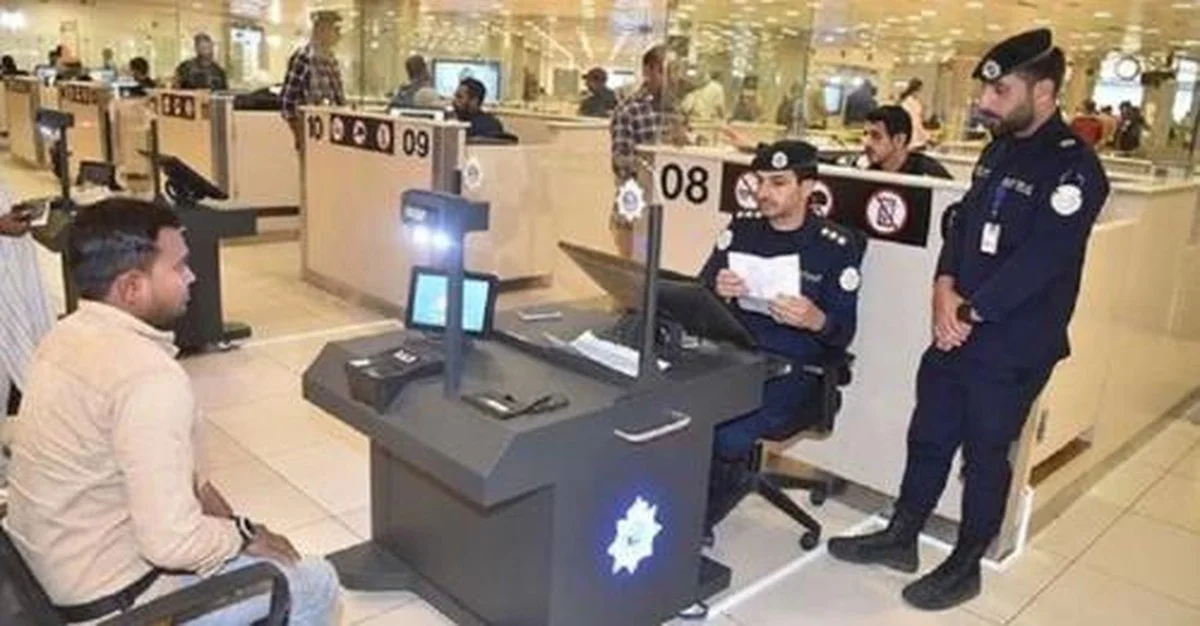17/02/2025
17/02/2025

KUWAIT CITY, Feb 17: The Ministry of Interior in Kuwait has made significant strides in the implementation of biometric fingerprinting, which has led to the discovery of hundreds of forgery cases among expats. These individuals had previously been deported from the country for various reasons but were able to re-enter using forged identities. According to security sources, the biometric fingerprint system has proven to be a crucial tool in identifying such cases, revealing that many domestic workers and drivers, particularly from Asian countries, were individuals who had been deported years ago—some more than two decades earlier.
These deported individuals had returned under false pretenses, using forged passports and different names. In some cases, the only recognizable feature that matched the original deportee was the photo on the passport. Previously, many citizens were able to renew the residency permits of these workers without issue, as the workers would return to Kuwait and travel freely, without facing any restrictions. However, with the introduction of biometric fingerprinting, discrepancies were uncovered, and authorities placed a block on their records due to the discovery that their residency had not been properly renewed and that they had been deported from the country.
The security sources emphasized that this breakthrough was made possible through the strict application of biometric fingerprinting and the diligent quality control conducted by the General Department of Criminal Evidence and Identity Investigation. This department was able to match the fingerprints of previous violators, uncovering that these individuals had returned to the country after their identities had been tampered with. Some had undergone surgical procedures on their fingers, while others resorted to burning or disfiguring their hands in an attempt to erase their original fingerprints. In some cases, they also changed their nationality and obtained new passports, placing their original photo onto the forged document. This manipulation of identities was only possible because older fingerprint systems made it more difficult to detect such forgeries.
The sources concluded that any individual whose true identity is uncovered through biometric fingerprinting will be deported, regardless of whether their residency is valid or has been renewed regularly over the years. There will be no exceptions, and all violators will face deportation as a result of their fraudulent actions.


